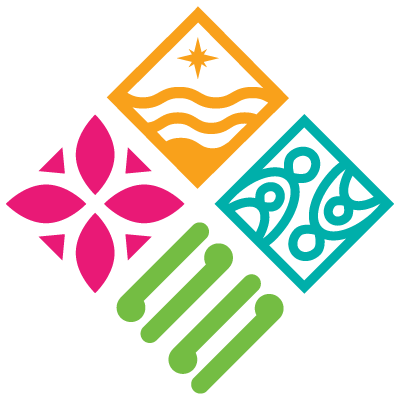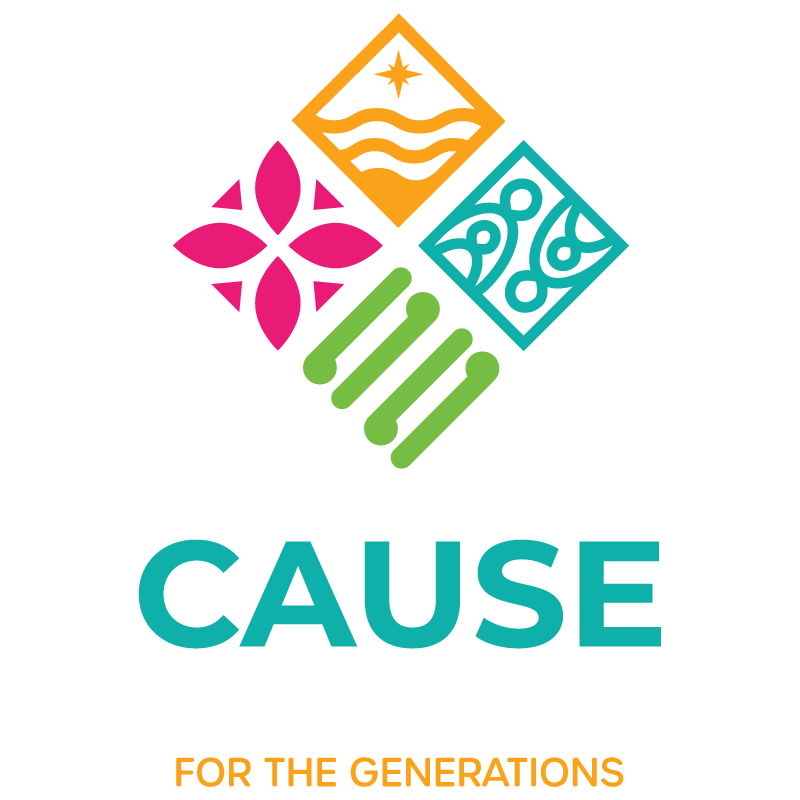
In the time before working at The Cause Collective (TCC) my view and understanding of social change was rather straightforward- almost ‘textbook’.
So ‘textbook’ that copying and pasting the Wikipedia definition seems apt:
“Social change, in sociology, the alteration of mechanisms within the social structure, characterised by changes in cultural symbols, rules of behaviour, social organisations, or value systems.”
I suppose I never thought too deeply into the meaning as I understood it to be a change to society that occurred over time. Change that happened almost of its own accord but with pushing from invested parties.
It’s more than that, I know this now.
When I began to unpack my understanding of social change coming into TCC I discovered its simplicity doesn’t quite cover the extensive work it takes to actually achieve ‘social change’.
For me changemakers or those pushing for social change were government lobbyists, charities providing for the needy and educators arming the next generation with the tools to improve their situations.
I used to think journalists made the biggest impact, being considered the ‘Fourth Estate’ with an explicit capacity of advocacy and implicit ability to frame political issues we stood as the watchdogs who questioned the status quo, bringing to light the injustices of society.
However, what happened beyond bringing these injustices to light didn’t occur to me. Once an injustice is brought to light you have to work towards changing it.
In my role as a journalist my own experiences with social change have been on the smaller end of the scale, with the closest experience of change itself coming in the form of the removal of a cigarette-butt bin attached to a building which housed Tupu Services- the Pacific branch of Community Alcohol & Drug Service (CADS), which also included a service aimed at helping people addicted to smoking cigarettes.
It was one removed bin for one service, hardly social change.
Social change is the kaupapa that takes place after the social injustices are brought to light. For example it’s informing policy development to remove such bins across the board. Working not just at a surface level but at a systems level to ensure that wrongs are righted, for the collective going forward.
I didn’t consider the existence of organisations outside of the media and government that actively worked towards effecting social change.
My understanding of the concept has come to a point in the road where the concrete ends and potential begins.
The potential to use our people’s ways in the past to inform the way we move into the future, the potential to effect change on such a scale that our work could become obsolete or evolve into something else entirely.
I’m beginning to understand what’s taking place at TCC is more than just removing one obstacle in the way of enhancing the life of a few. It’s removing systemic barriers to enhancing the lives of our people, in this generation and the next.
However, as I begin to wrap my head around the notion of getting to the heart of social change – and what exactly that entails – I know it will be more than just breaking down barriers or even disrupting.
The textbook notion of social change still applies, TCC is working to alter mechanisms within the social structure, sure. But it’s no gradual, almost natural, process.
It is hard work with communities to infiltrate and change the system from within, it’s invoking policy change to challenge the structure and it’s cultivating an environment conducive to change altogether.
Laumata Lauano is a Content Writer at The Cause Collective. She started in January 2021 after five years working as a journalist for Oceania Media aka SPASIFIK Magazine.

